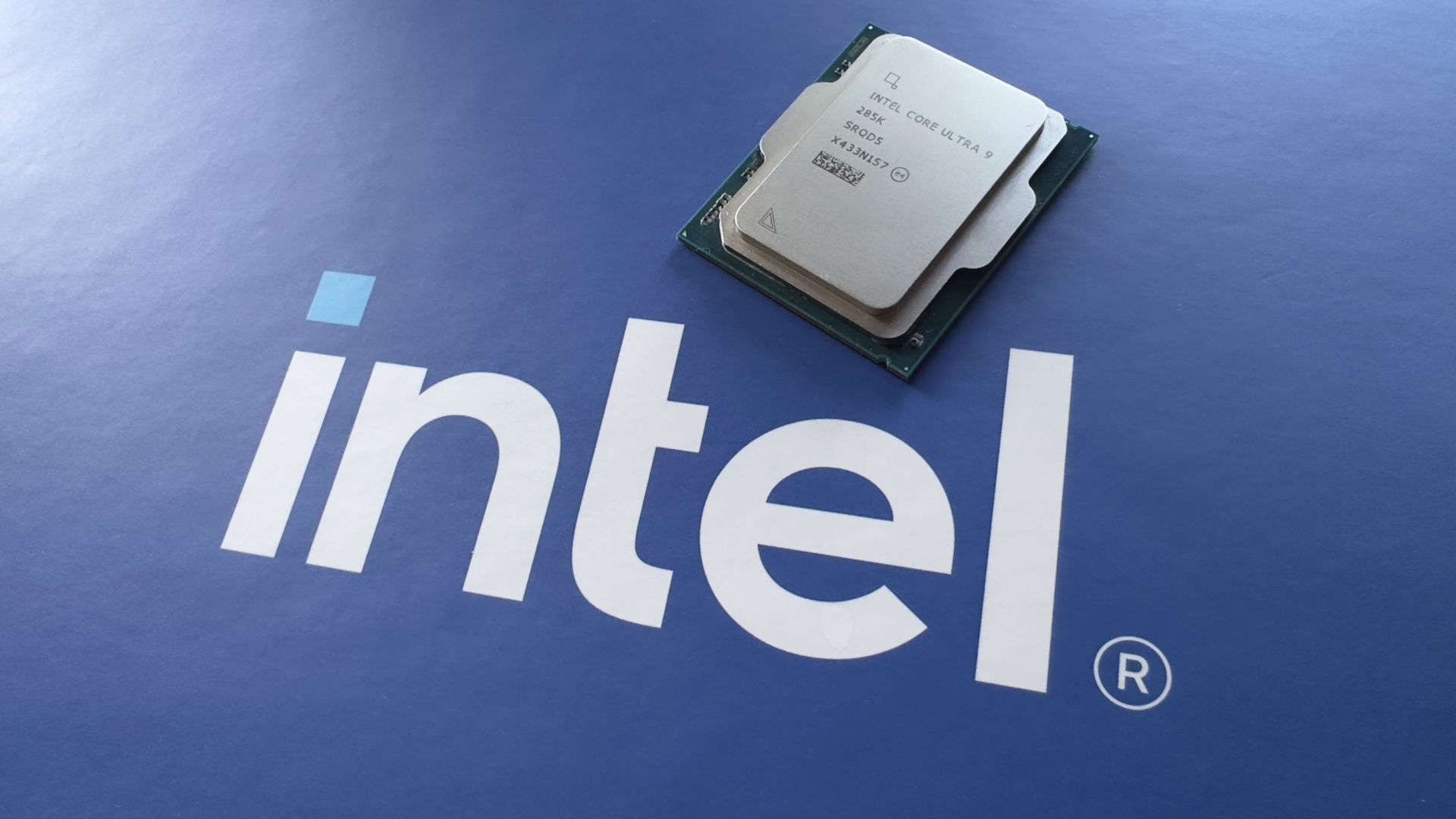
Intel Raises Concerns about Its Stake in the U.S. Government
Intel warns that its transaction with the U.S. government might not be beneficial for its business, raising legal concerns.
The debate surrounding the U.S. government’s acquisition of a 10% stake in Intel is heating up. Intel has voiced concerns that this deal may pose challenges to its business operations, including the potential for selling off its manufacturing facilities.
The official filing with the Securities and Exchange Commission indicates various risks associated with this transaction, such as adverse reactions from investors and increased scrutiny from regulators. Intel’s international sales could also suffer due to the government’s significant stake, which might trigger additional regulations abroad.
Moreover, some analysts believe that the agreement could allow the government to influence the future sale of Intel’s fabrication plants, depending on specific conditions set in the contract. Recent assessments suggest that the CHIPS Act under which this agreement was established might not legally permit the government to convert grants into equity stakes.
In essence, Intel is left to ponder the implications of this deal that is fraught with complexity and uncertainty, urging stakeholders to consider the long-term effects on its operations.
